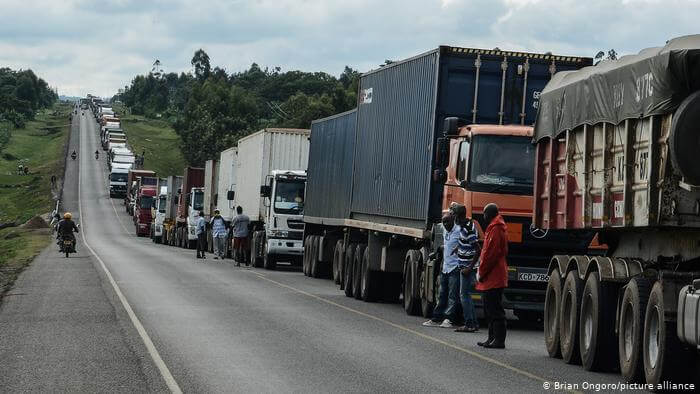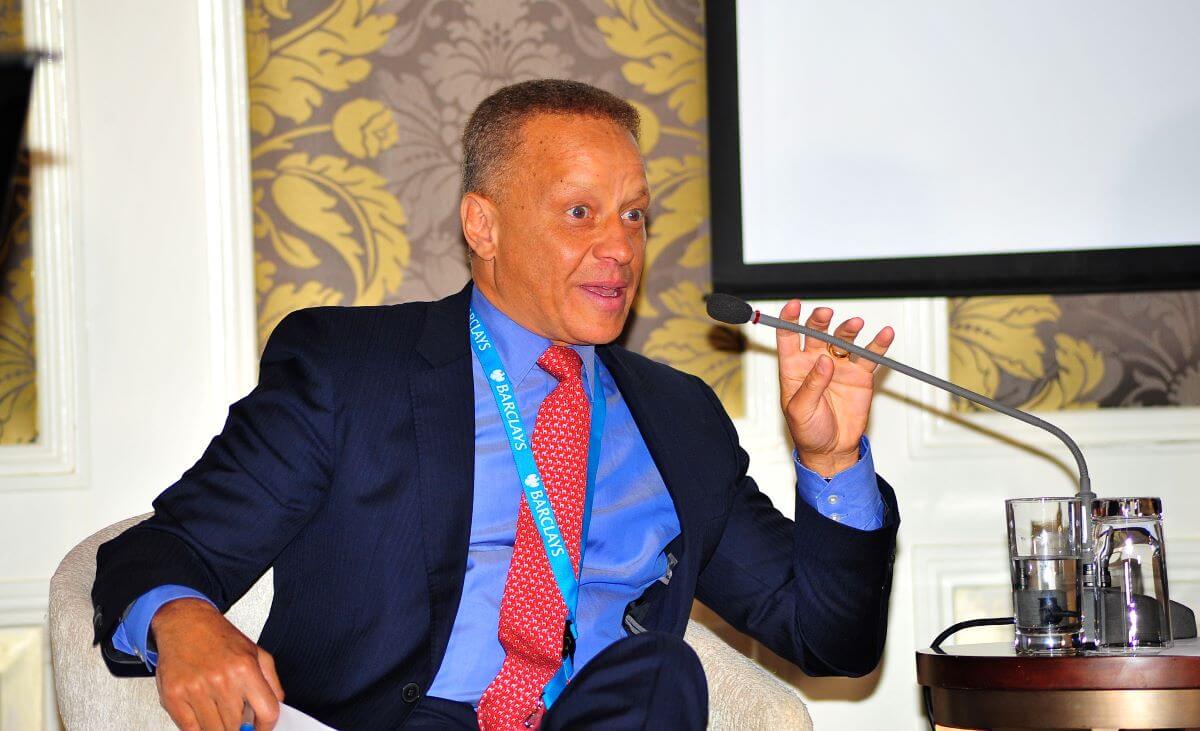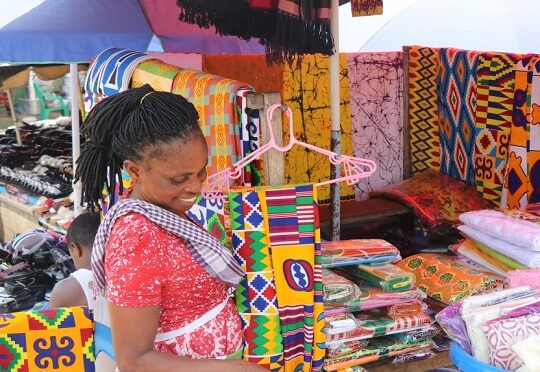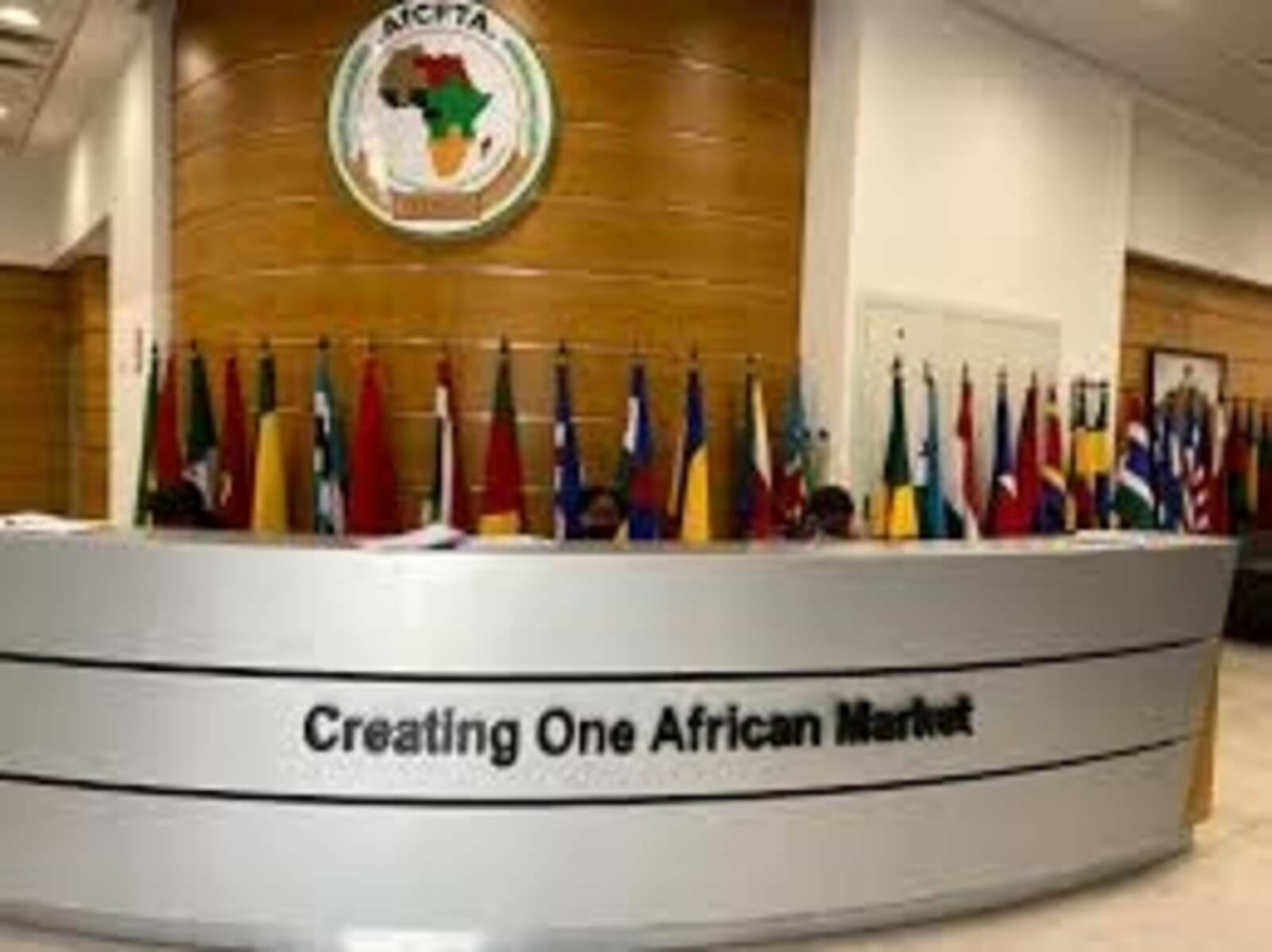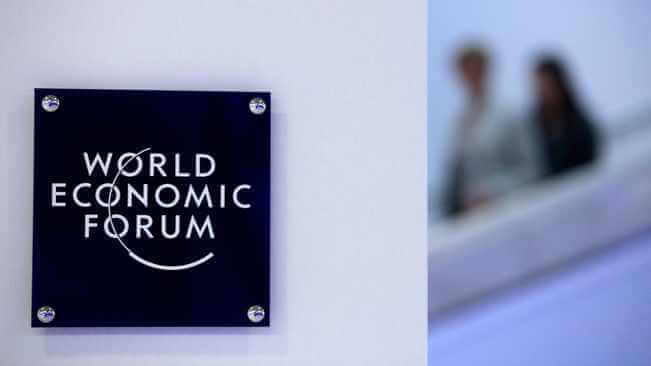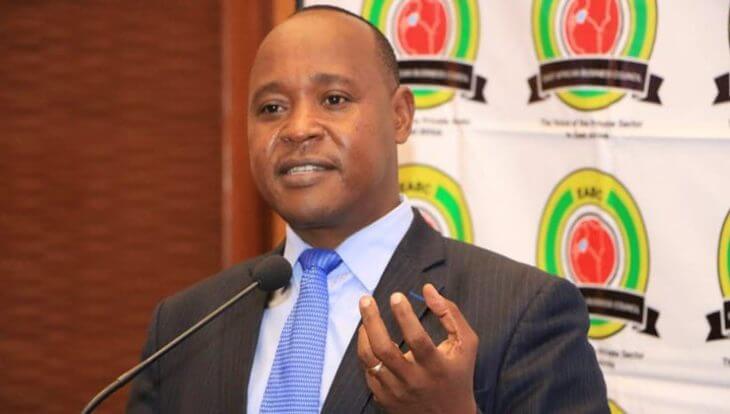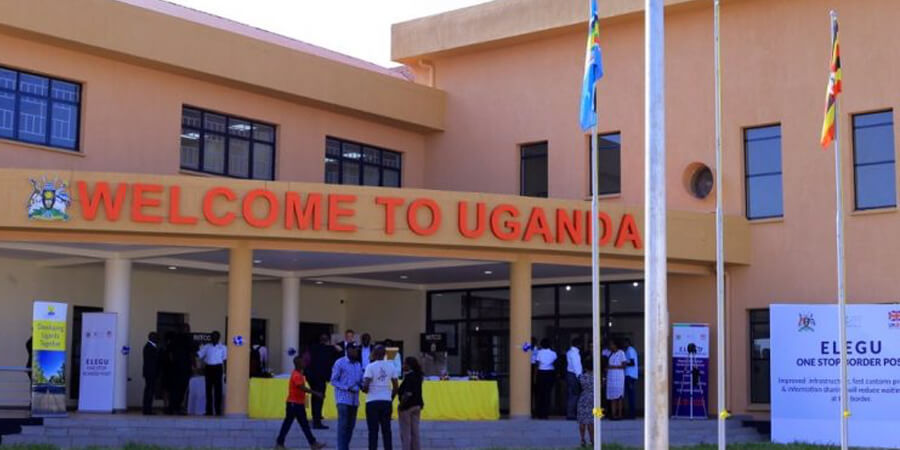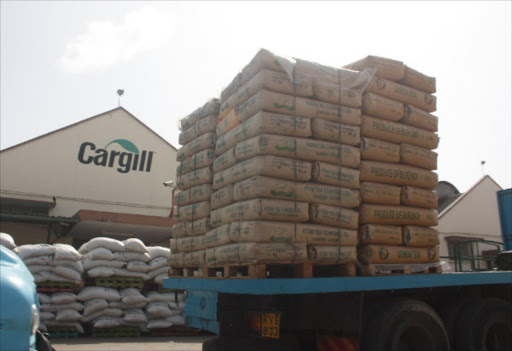After a nearly five-year suspension of direct collaboration between the Burundian government and the European Union, a high-level political dialogue was launched Tuesday with a view to restoring relations with the EU and its member states. The two delegations met in Bujumbura on Tuesday and were led by Ambassador Albert Shingiro, Burundian Minister of Foreign Affairs and Claude Bochu, European Union envoy in Burundi. The resumption of exchanges between the two delegations also saw the participation of Ambassadors of the European Union member states in Burundi. According to a joint statement released by the delegations, the resumption of political dialogue constitutes a shared priority that will benefit the people of Burundi and Europe. The delegations agreed to work together towards restoring relations. ‘’I am delighted with the spirit of openness and mutual trust which characterised the resumption of political dialogue. The exchanges took place in a constructive environment with the ultimate goal being to get concrete results as soon as possible,’’ tweeted Ambassador Shingiro. Both parties recalled that Burundi and the member states drawn from the European Union are historical partners anxious to strengthen their bonds of friendship and cooperation. This comes days after President Evariste Ndayishimiye, held a ceremony with members of the diplomatic community accredited to Bujumbura where he reaffirmed the will of his government to strengthen the bonds of cooperation with friendly countries and partners. In 2016, the EU suspended all direct funding to the Burundian government for failing to meet EU concerns over its human rights...
Burundi, European Union agree to work together towards restoring relations
Posted on: February 8, 2021
Posted on: February 8, 2021


